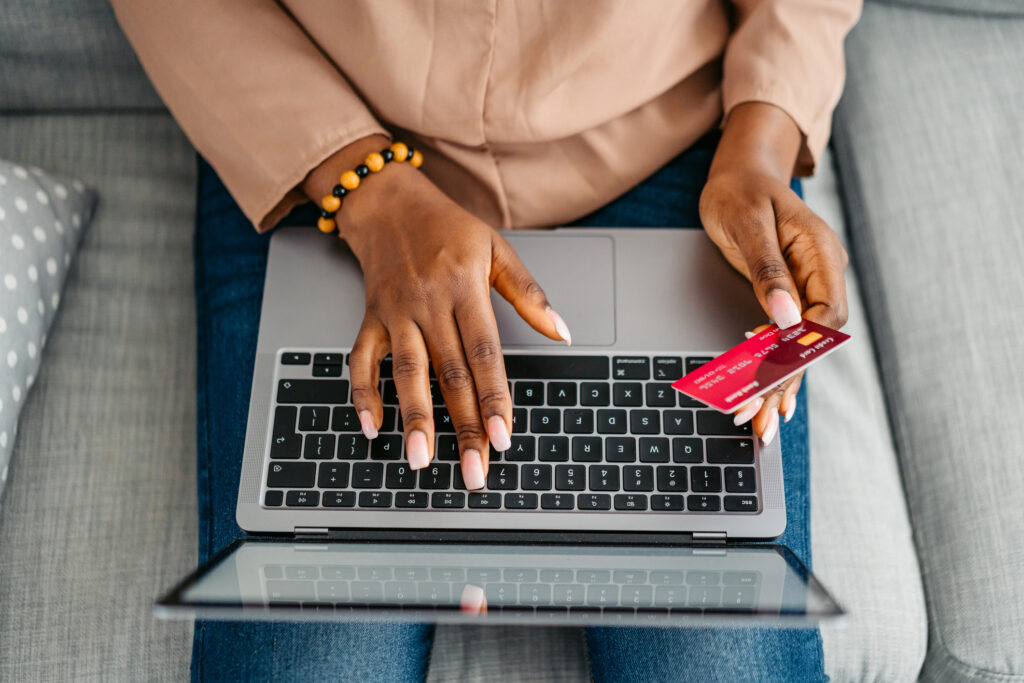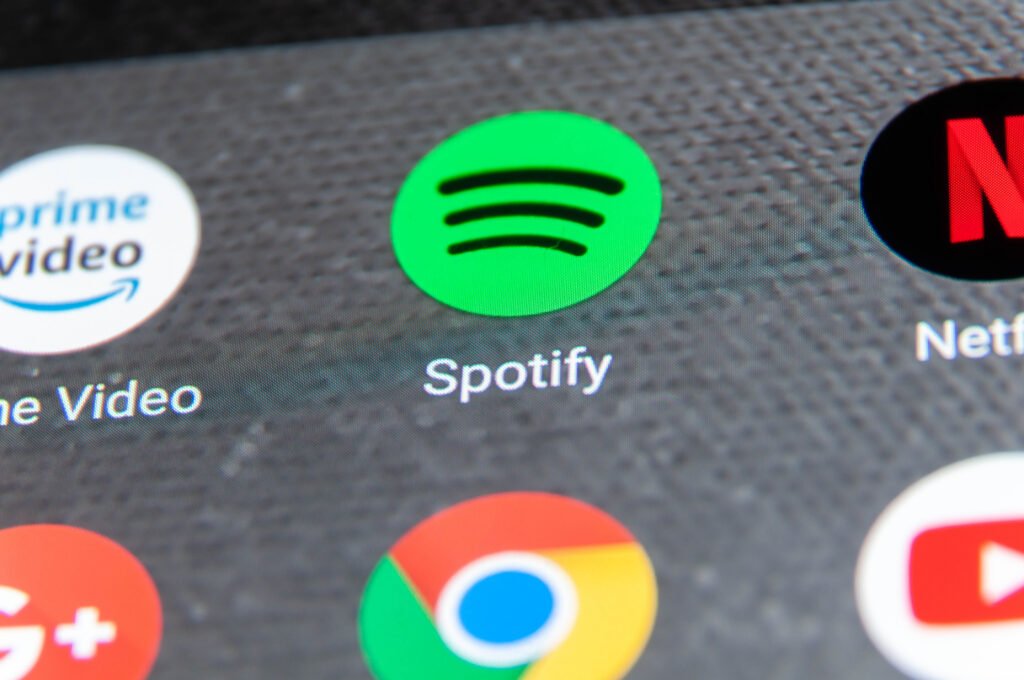Impulse buying isn’t a character flaw—it’s your brain responding to carefully designed marketing psychology. Here’s how to work with your brain instead of against it.
Understand your triggers
Impulse purchases usually happen when you’re experiencing specific emotions or situations:
- Stress or anxiety (retail therapy)
- Boredom (online browsing turns into buying)
- Social pressure (keeping up with friends’ purchases)
- FOMO (limited-time offers and sales)
- Reward seeking (celebrating or treating yourself)
Notice your patterns. Do you shop when you’re tired? After bad days at work? When scrolling social media?
Use the 24-hour rule strategically
For purchases over your spending limit (maybe $50), wait one full day. Add items to your cart, save them to a wishlist, or take a photo—but don’t buy immediately. About 70% of the time, you’ll realize you don’t actually want or need the item.
Make impulse buying inconvenient
Remove stored payment information from websites and apps. Put your credit cards in a drawer instead of your wallet. Unsubscribe from promotional emails. The extra friction gives your logical brain time to catch up with your emotional brain.
Shop with a list and a purpose
Whether you’re grocery shopping or browsing online, go in with a specific goal. Write down what you need before you start, and stick to it. If you find something else you want, add it to a separate “maybe later” list.
Question the marketing messages
When you feel the urge to buy, ask yourself:
- Why do I want this right now?
- What problem am I trying to solve?
- Will this item actually solve that problem?
- Am I buying the product or the lifestyle it promises?
Create positive spending alternatives
Instead of restricting yourself completely, redirect the impulse. When you want to buy something, put that money toward a goal you actually care about—a vacation fund, debt payment, or something you’ve been saving for.
Use cash for discretionary spending
Credit and debit cards don’t feel like “real” money to your brain. For categories where you tend to overspend (dining out, entertainment, shopping), try using cash. The physical act of handing over bills makes spending feel more concrete.
Address the underlying need
If you’re stress shopping, find other stress relievers. If you’re boredom shopping, find other entertainment. If you’re buying to feel better about yourself, work on addressing those feelings directly instead of covering them with purchases.
Remember: the goal isn’t to never buy anything spontaneous, but to make sure your impulse purchases align with your actual values and financial goals.










